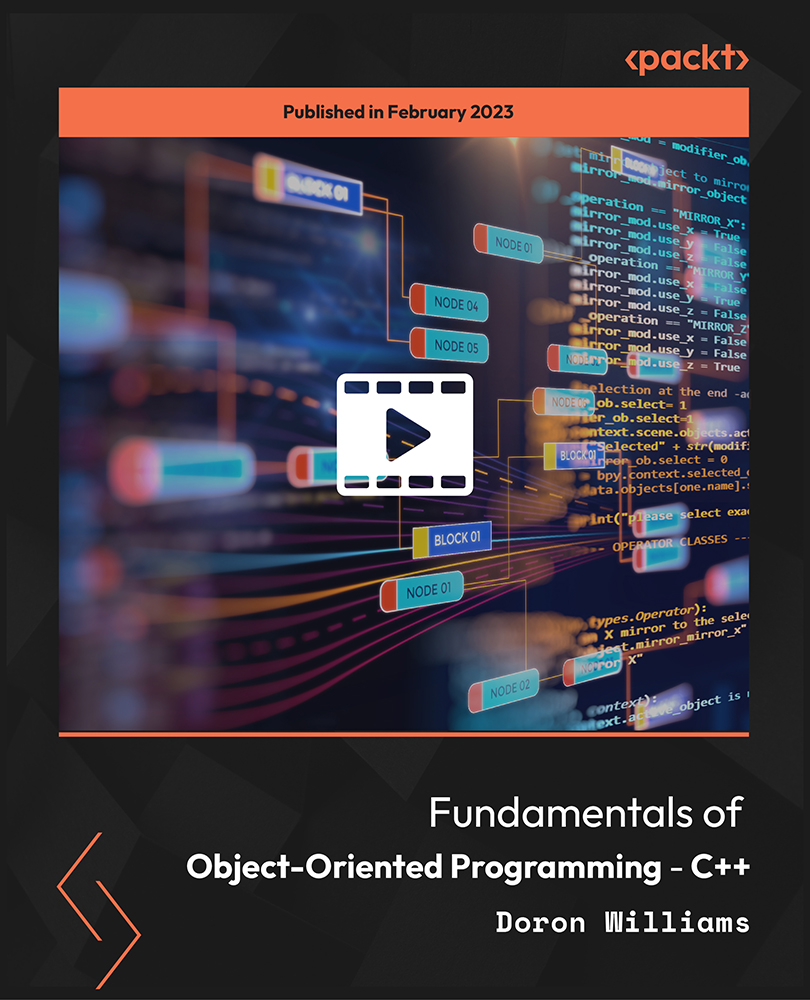Google teased its new hardware products built around its Edge TPU at the Google Next conference last summer. Yesterday, it officially launched the Coral dev board, a Raspberry-Pi look-alike, which is designed to run machine learning algorithms ‘at the edge’, and a USB accelerator.
Coral Development Board
The “Coral Dev Board” has a 40-pin header that runs Linux on an i.MX8M with an Edge TPU chip for accelerating TensorFlow Lite. The board also features 8GB eMMC storage, 1GB LPDDR4 RAM, Wi-Fi and Bluetooth 4.1. It has USB 2.0/3.0 ports, 3.5mm audio jack, DSI display interface, MIPI-CSI camera interface, HDMI 2.0a connector, and two Digital PDM microphones.

Source: Google
Coral dev board can be used as a single-board computer when you need accelerated ML processing in a small form factor. It can also be used as an evaluation kit for the SOM and for prototyping IoT devices and other embedded systems. This board is available for $149.00. Google has also announced a $25 MIPI-CSI 5-megapixel camera for the dev board.
Unlock access to the largest independent learning library in Tech for FREE!
Get unlimited access to 7500+ expert-authored eBooks and video courses covering every tech area you can think of.
Renews at AU $24.99/month. Cancel anytime
USB Accelerator
The USB Accelerator is basically a plug-in USB 3.0 stick to add machine learning capabilities to the existing Linux machines. This 65 x 30 mm accelerator can connect to Linux-based systems via a USB Type-C port. It can also work with a Raspberry Pi board at USB 2.0 speeds. The accelerator is built around a 32-bit, 32MHz Cortex-M0+ chip with 16KB of flash and 2KB of RAM.

Source: Google
The USB Accelerator is available for $75.
Developers can build Machine Learning models for both the devices in TensorFlow Lite. More information is available on Google’s Coral Beta website. Coming soon are the PCI-E Accelerator, for integrating the Edge TPU into legacy systems using a PCI-E interface. Also coming is a fully integrated System-on-Module with CPU, GPU, Edge TPU, Wifi, Bluetooth, and Secure Element in a 40mm x 40mm pluggable module.
Google expands its machine learning hardware portfolio with Cloud TPU Pods (alpha).
Intel acquires eASIC, a custom chip (FPGA) maker for IoT, cloud and 5G environments
Raspberry Pi launches it last board for the foreseeable future: the Raspberry Pi 3 Model A+ available now at $25.
 United States
United States
 Great Britain
Great Britain
 India
India
 Germany
Germany
 France
France
 Canada
Canada
 Russia
Russia
 Spain
Spain
 Brazil
Brazil
 Australia
Australia
 Singapore
Singapore
 Canary Islands
Canary Islands
 Hungary
Hungary
 Ukraine
Ukraine
 Luxembourg
Luxembourg
 Estonia
Estonia
 Lithuania
Lithuania
 South Korea
South Korea
 Turkey
Turkey
 Switzerland
Switzerland
 Colombia
Colombia
 Taiwan
Taiwan
 Chile
Chile
 Norway
Norway
 Ecuador
Ecuador
 Indonesia
Indonesia
 New Zealand
New Zealand
 Cyprus
Cyprus
 Denmark
Denmark
 Finland
Finland
 Poland
Poland
 Malta
Malta
 Czechia
Czechia
 Austria
Austria
 Sweden
Sweden
 Italy
Italy
 Egypt
Egypt
 Belgium
Belgium
 Portugal
Portugal
 Slovenia
Slovenia
 Ireland
Ireland
 Romania
Romania
 Greece
Greece
 Argentina
Argentina
 Netherlands
Netherlands
 Bulgaria
Bulgaria
 Latvia
Latvia
 South Africa
South Africa
 Malaysia
Malaysia
 Japan
Japan
 Slovakia
Slovakia
 Philippines
Philippines
 Mexico
Mexico
 Thailand
Thailand
















